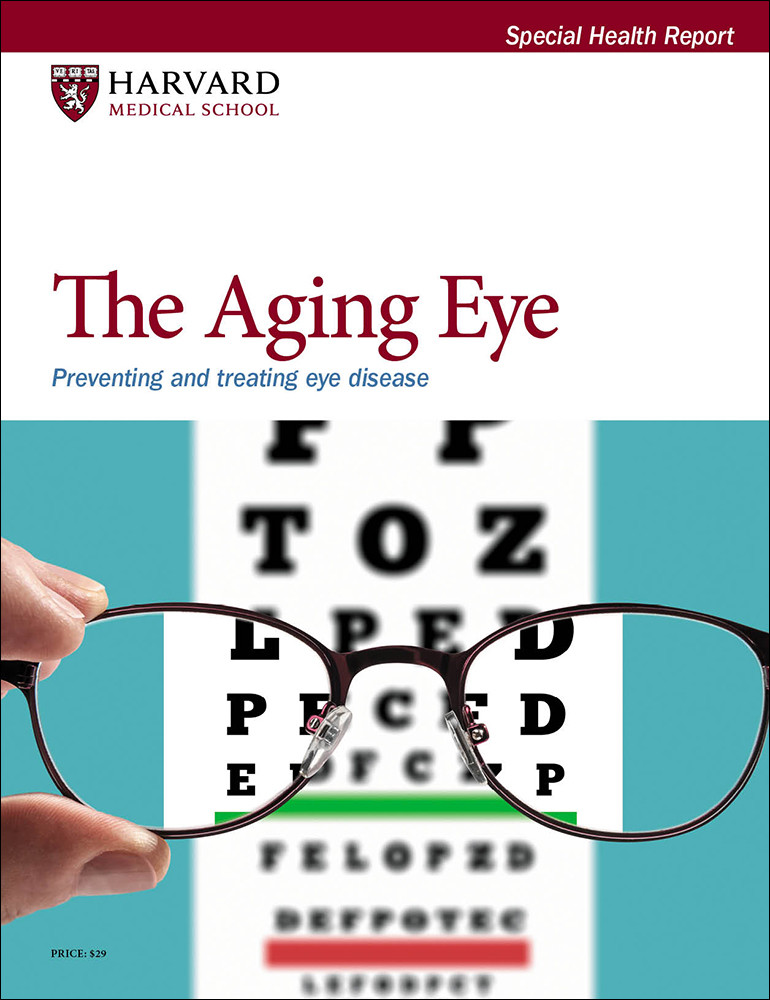More evidence that aging might be reversible
News briefs
- Reviewed by Anthony L. Komaroff, MD, Editor in Chief, Harvard Health Letter; Editorial Advisory Board Member, Harvard Health Publishing

It seems that every living thing ages — that aging is inevitable. Yet studies in animals have suggested that aging may, at least, be slowed. Scientists have been able to track this using genetic biomarker tests known as DNA methylation clocks, which indicate how rapidly body cells are aging. In a study published May 2, 2023, in Cell Metabolism, researchers found that when the blood supply of an old mouse was connected to the blood supply of a young mouse for three months, the organs of the young mouse aged dramatically. When the joined blood supplies were disconnected, the organs of the young mouse became biologically younger: in other words, the aging process could be accelerated and then reversed. The scientists then found that in people going through severe COVID-19, surgery for a hip fracture, or pregnancy, the clocks showed a sudden acceleration of aging followed by a reversal. This study did not identify the factors that cause or reverse aging, and we are still a long way from being able to slow human aging more powerfully than we can through living a healthy lifestyle. But this kind of research offers hope that someday, we will understand the aging process well enough to slow it.
Image: © nicoletaionescu/Getty Images
About the Author

Heidi Godman, Managing Director
About the Reviewer

Anthony L. Komaroff, MD, Editor in Chief, Harvard Health Letter; Editorial Advisory Board Member, Harvard Health Publishing
Disclaimer:
As a service to our readers, Harvard Health Publishing provides access to our library of archived content. Please note the date of last review or update on all articles.
No content on this site, regardless of date, should ever be used as a substitute for direct medical advice from your doctor or other qualified clinician.













